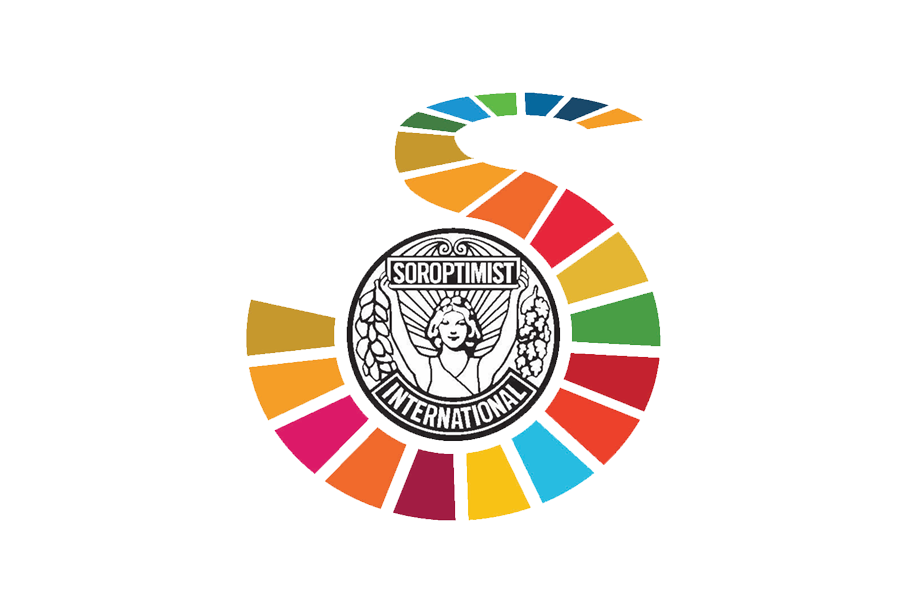
History spotlights centuries of human mobility. Migrations, both voluntary and forced, have substantially determined the shape of the contemporary world, part of a much broader process of global development and social change. The opening of borders to trade, capital and investment, and the development of new infrastructure and innovation, has increased and broadened possibilities encouraging the establishment of a more interconnected world.
Often termed the defining human rights challenge of our time, it is understood that a person’s gender shapes each stage of the migration process.









Comments are closed.